One man, 28 years old, died electrocuted while carrying out the installation of a solar energy system, in Maringá (PR), in the early afternoon of this Monday (9).
The man was performing the service on top of a roof of a commercial establishment when suffered a cardiorespiratory arrest after receiving a electrical discharge of approximately 700 V, according to information from the Fire Department.
You rescuers even tried to revive the man, but were unsuccessful. One tow truck still needed to be used by authorities to remove the body from the top of the construction site.
The location was isolated to carry out the investigation and the causes of electric shock are still being investigated by the Civil Police.
Recurring deaths
Unfortunately, this is not the first time that the Solar Channel news story of people dying during the installation of solar energy systems.
In the vast majority of cases, death could have been avoided if basic safety standards (NRs) were followed.
Last week, for example, a 17 year old died after receiving an electric shock on the roof of a house in Ariquemes (RO).
The victim had climbed onto the roof to help a friend wash a solar energy panel, when he ended up stepping on a gutter that was energized by a bare wire.
Solutions to minimize the occurrence of new deaths in Brazil for reasons related to the poor installation of photovoltaic systems or the lack of safety equipment were even reason for debate in the Chamber of Deputies, in July last year.
Electrical accident numbers
The number of recorded electrical accidents in 2022 should increase significantly at the close of the yearbook ABRACOPEL (Brazilian Association for Awareness of the Dangers of Electricity).
The entity is finalizing the survey, which provides annual data on the subject and the expectation is that last year's numbers will skyrocket compared to 2021.
According to last survey of the entity, the first half of 2022 brought worrying numbers, with 949 incidents recorded.
In total, 384 people died between January and June last year, the majority of them (330) being caused by electric shock.


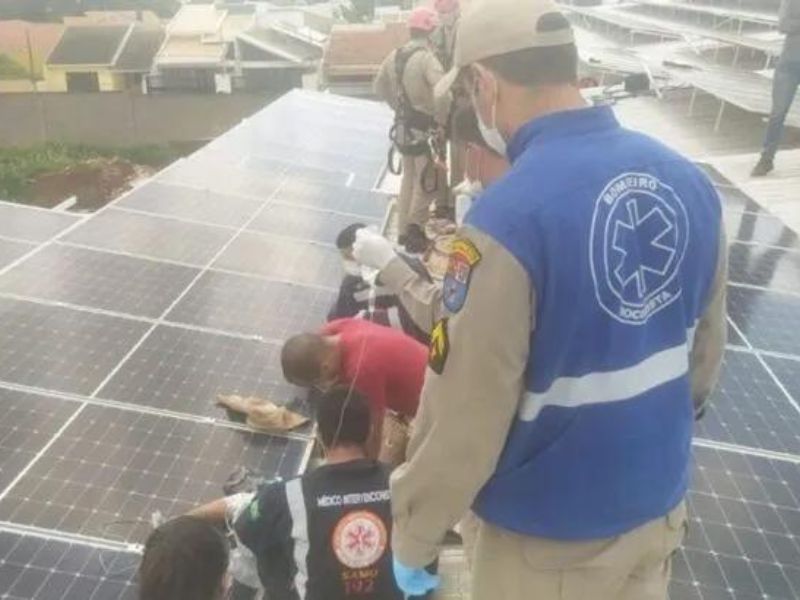

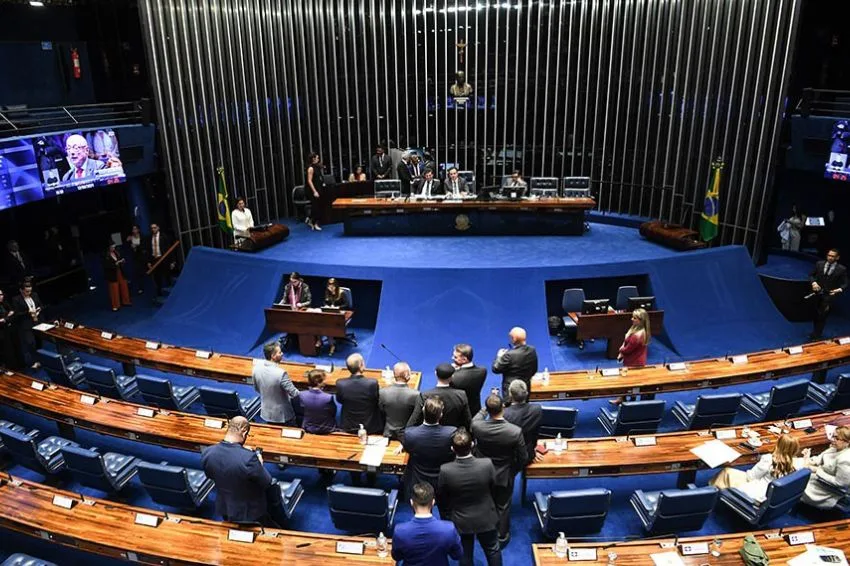
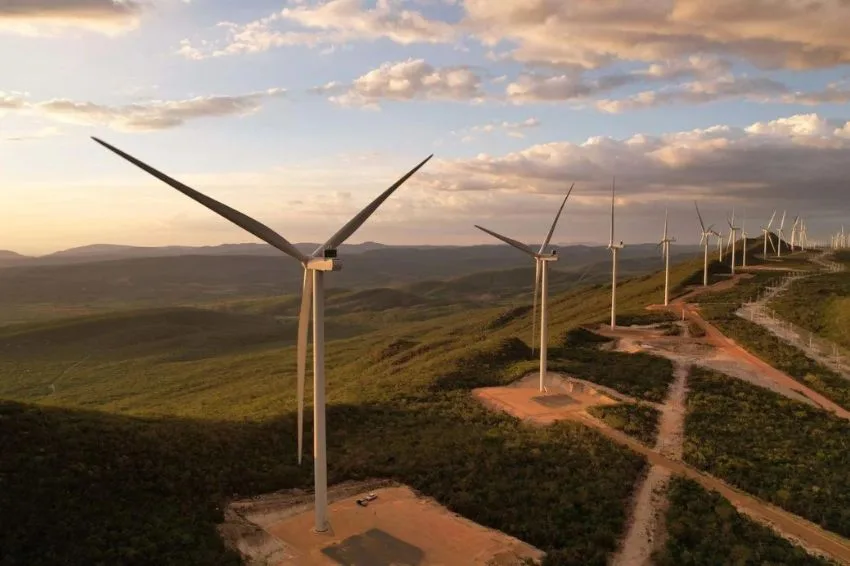
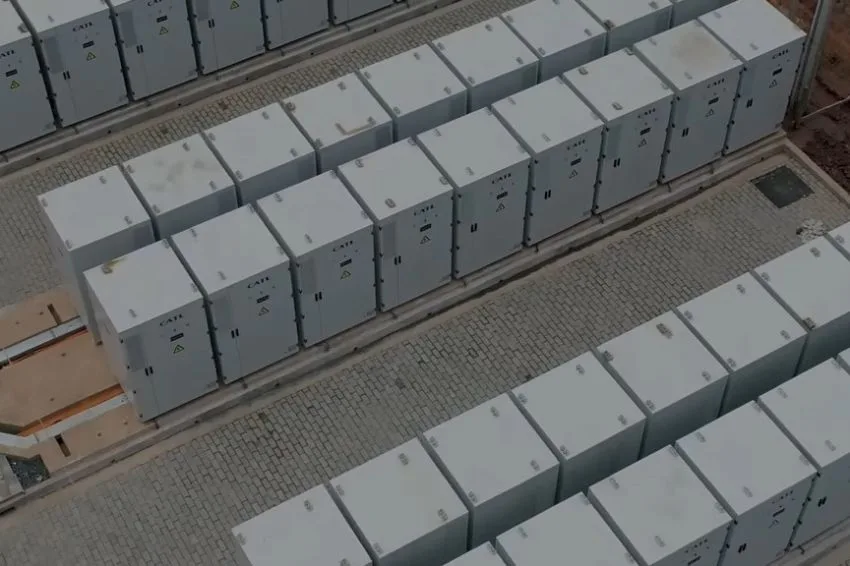
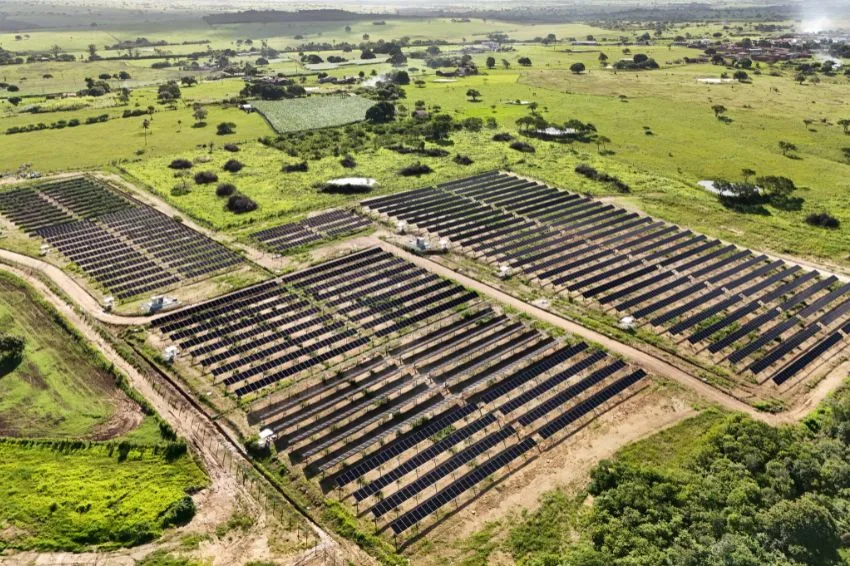
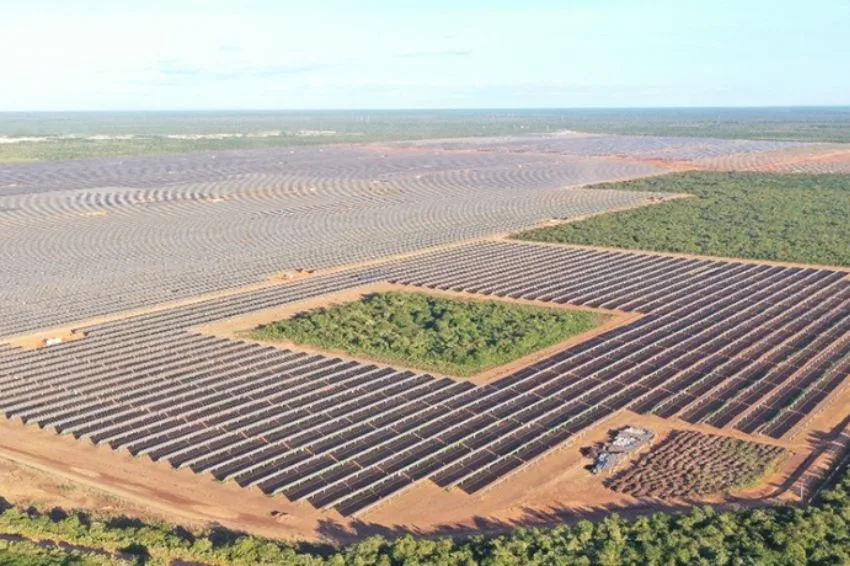







8 Responses
I had chosen to have my own labor for my projects, but I realized that hiring an installation company with all the requirements met is a little more expensive, but provides great security. There are companies that only do installation.
The occurrence of these accidents, in my understanding, is due to 3 main causes that are not exclusive: 1- it occurs in most cases among residential customers who are looking for a price, 2- non-professional installers end up serving this type of customer, 3- serious companies end up losing contracts because of 1- and 2-.
I experience these risk situations every day, I completely agree with the lack of supervision by the competent bodies, especially CREA. I make an appeal here for the intensification of supervision and thus try to reduce situations that put human lives at risk who, even out of desperation, propose to carry out such services.
Luiz Mota Eng Electrician
Unfortunately it will not be the last accident, here in Não-Me-Toque/RS I have been striving for the quality of the installed systems for over 10 years, only German technology, but very low quality workarounds are proliferating with professionals without adequate training, it is urgent that the people choose quality and not price!
I have twenty years of experience in the electrical sector, I imagine that these accidents happen due to the precocious qualifications of professionals, with the increase in demand in the sector, employees undergo rapid training and are sent to the field without first acquiring good experience to carry out these activities which is very dangerous.
What is happening in Brazil is that many companies are appearing on the market without much preparation and qualification of entrepreneurs. The flood of short courses with a few hours of content on electricity generation leave something to be desired. Demand for work with electricity requires a qualified professional with experience on the front line.
Alberto, I work in the area and I witness the same observations you made, there is no supervision but engineers signed projects remotely, CREA only issues and charges ART, it has not worked in the area.
This is due to the lack of professionalism and training from companies that provide services in this area. Some practices need to be curbed. One of them is that companies offer remote project approval services. I am an electrical engineer, I work in the field and approve my projects. I visit customers and monitor execution. But some fellow engineers (just looking for money) sign projects in every state in the country. Therefore, it is impossible to monitor all works, it is impossible to guarantee that the teams are properly trained, it is impossible to guarantee that safety procedures will be effectively adopted and it is impossible to guarantee that the materials used will be of quality. These (ir)responsible technicians must be duly identified and punished. It's easy to track. The CREA/CONFEA system is silent on everything. We pay annual fees, we pay an ART for each project, but I have never received a visit from CREA inspectors at my facilities. I have seen absurdities committed by several companies, such as the use of inappropriate material, 750V cables exposed to the open air, on walls, without the protection of conduits; systems without grounding; workers on roofs without any PPE. How many more accidents will have to happen before any action is taken by the inspection bodies?
Very complicated.
Supervisory bodies must be more active. Solar energy is no joke. And there are a lot of half-assed professionals working in the segment.
What happened is regrettable!